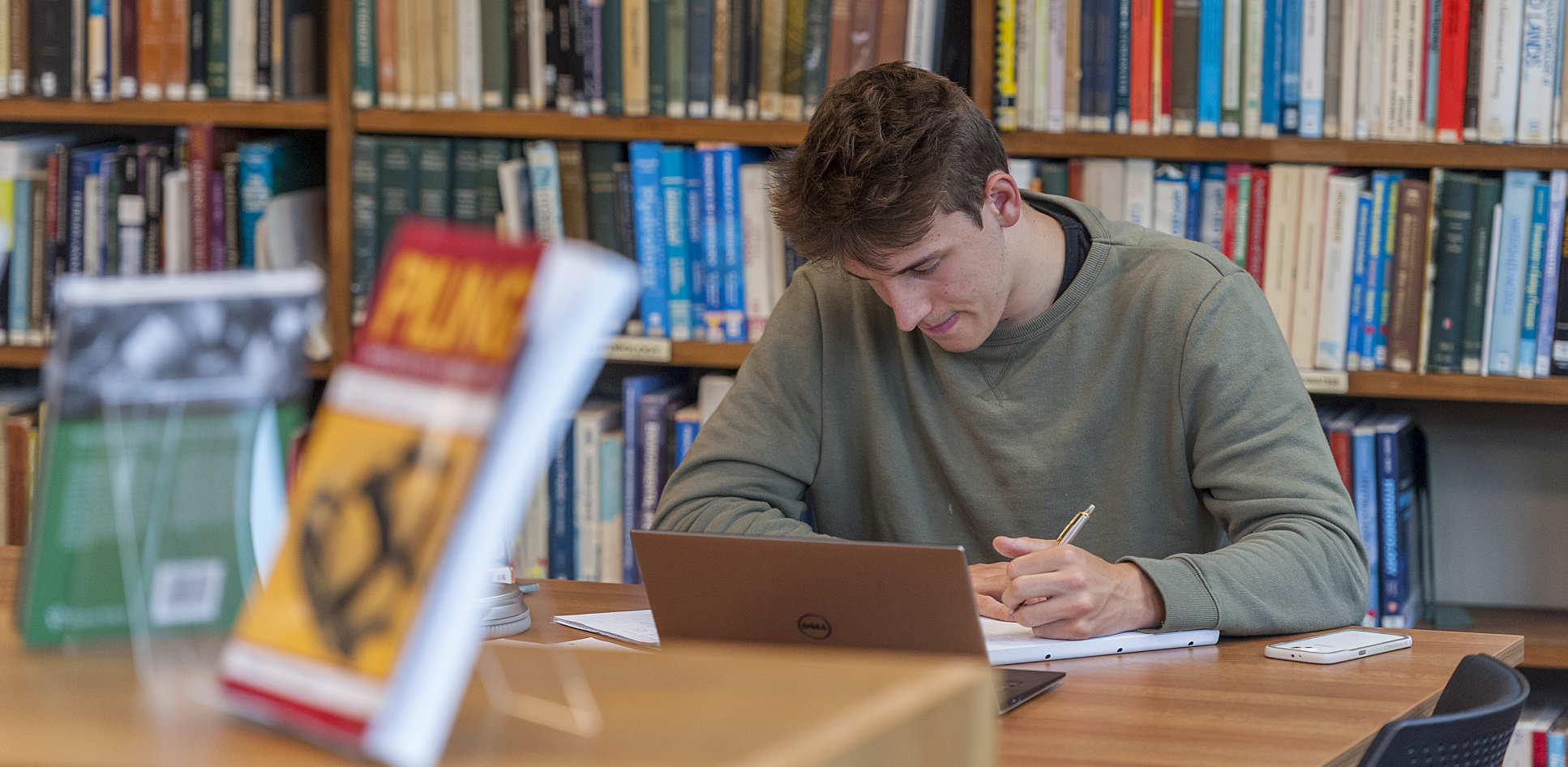
Top tip
"If you are planning on buying a textbook, check out the Library first! They have copies of all of them and what works for some people isn't the best option for others. There is a wide range of literature for medical students out there, so take your time to decide whether flashcards, textbooks or online resources are for you. There is nothing wrong with taking your time to decide. It will save you money and shelf space!"
- Alex Compton, Imperial College Union President, 2017-2018
For each course, module, lecture or tutorial, the tutor will often refer you to certain text books, articles, videos or resources to prepare. For some courses, a reading list will be provided at the start of the year. This will often be supplemented by recommended reading via a Virtual Learning Enviroment such as Blackboard.
You can search for your reading list online, although not all courses will have reading lists available.
The library should have copies of your textbooks (print and e-versions) that you can borrow or download. If you can't find a textbook your lecturer has recommended, contact your librarian.
You can search for Library books online before you are even enrolled at Imperial although you won’t be able to borrow any print books or access any ebooks until you are registered. As soon as you get your College login, you'll be able to access all online content.
When trying to decide what to read, keep the following tips in mind:
- What am I reading? What is the purpose of it? Am I looking for a specific fact, or instructions, or an overview of a topic?
- Does the author of the material tell me why I need to read it, or give me any ‘signposts’ about how to approach it? What are the author’s important points? For example, looking at the contents list of a book should help you to decide which of the chapters, if any, will be helpful to you.
- When was it written? If you want to read about developments in anaesthesia from 2005 onwards, and you read a book on anaesthesia written in 2000, you won’t be making a good start.
- How should I read? Quickly or slowly? To find key pieces of information or to be critical? How thoroughly do you want to understand this material and why?
- Evaluate the text, don’t believe all you read without argument or evidence.
- How much do I need to remember? How can I remind myself later of the most important points?
Next Page
Study equipment & technology